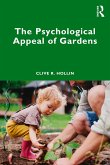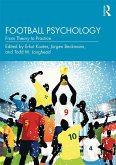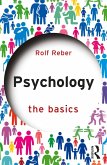Winner of the 2021 BPS Book Award: Academic Text category, this groundbreaking book employs a transdisciplinary and poststructuralist methodology to develop the concept of 'postfeminist healthism,' a twenty-first-century understanding of women's physical and mental health formed at the intersections of postfeminist sensibilities, neoliberal constructs of citizenship and the notion of health as an individual responsibility managed through consumption. Postfeminist healthism is used in this book to explore seven topics where postfeminist sensibility has the most impact on women's health: self-help, weight, surgical technologies, sex, pregnancy, responsibilities for others' health and pro-anorexia communities. The book explores the ways in which the desire to be normal and live a good life is tied to expectations of 'normal-perfection' circulated across interpersonal interactions, media representations and expert discourses. It diagnoses postfeminist healthism as unhealthy for both those women who participate in it and those whom it excludes and considers how more positive directions may emerge.
By exploring the under-researched intersection of postfeminism and health studies, this book will be invaluable to researchers and students in psychology, gender and women's studies, health research, media studies and sociology.
Dieser Download kann aus rechtlichen Gründen nur mit Rechnungsadresse in A, B, BG, CY, CZ, D, DK, EW, E, FIN, F, GR, HR, H, IRL, I, LT, L, LR, M, NL, PL, P, R, S, SLO, SK ausgeliefert werden.
Hinweis: Dieser Artikel kann nur an eine deutsche Lieferadresse ausgeliefert werden.









